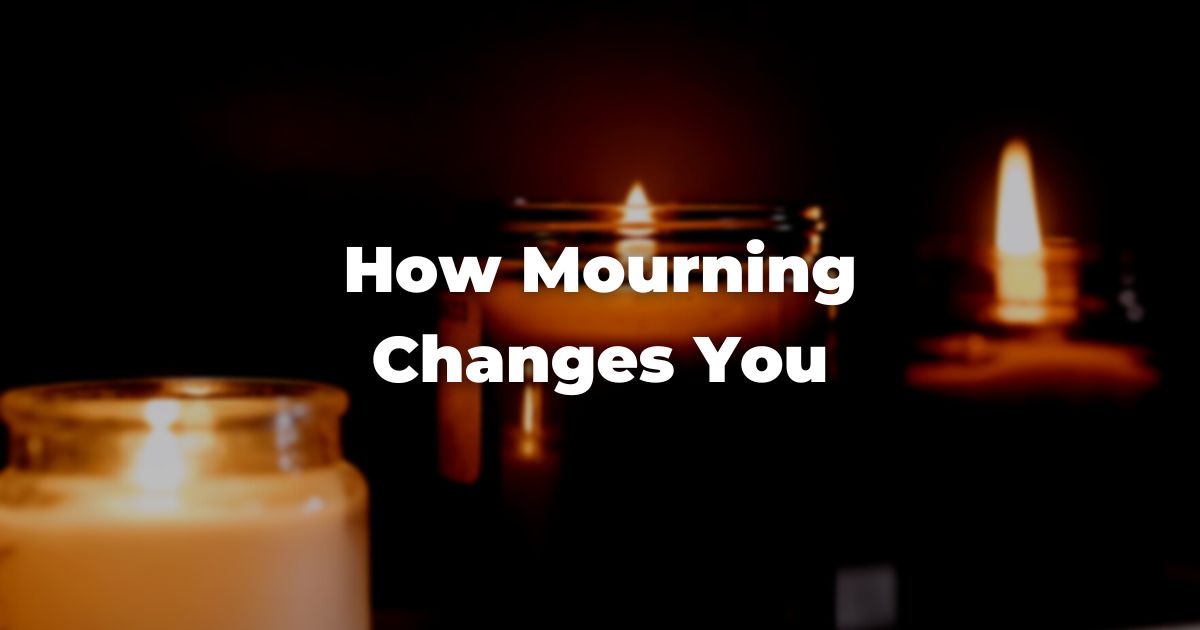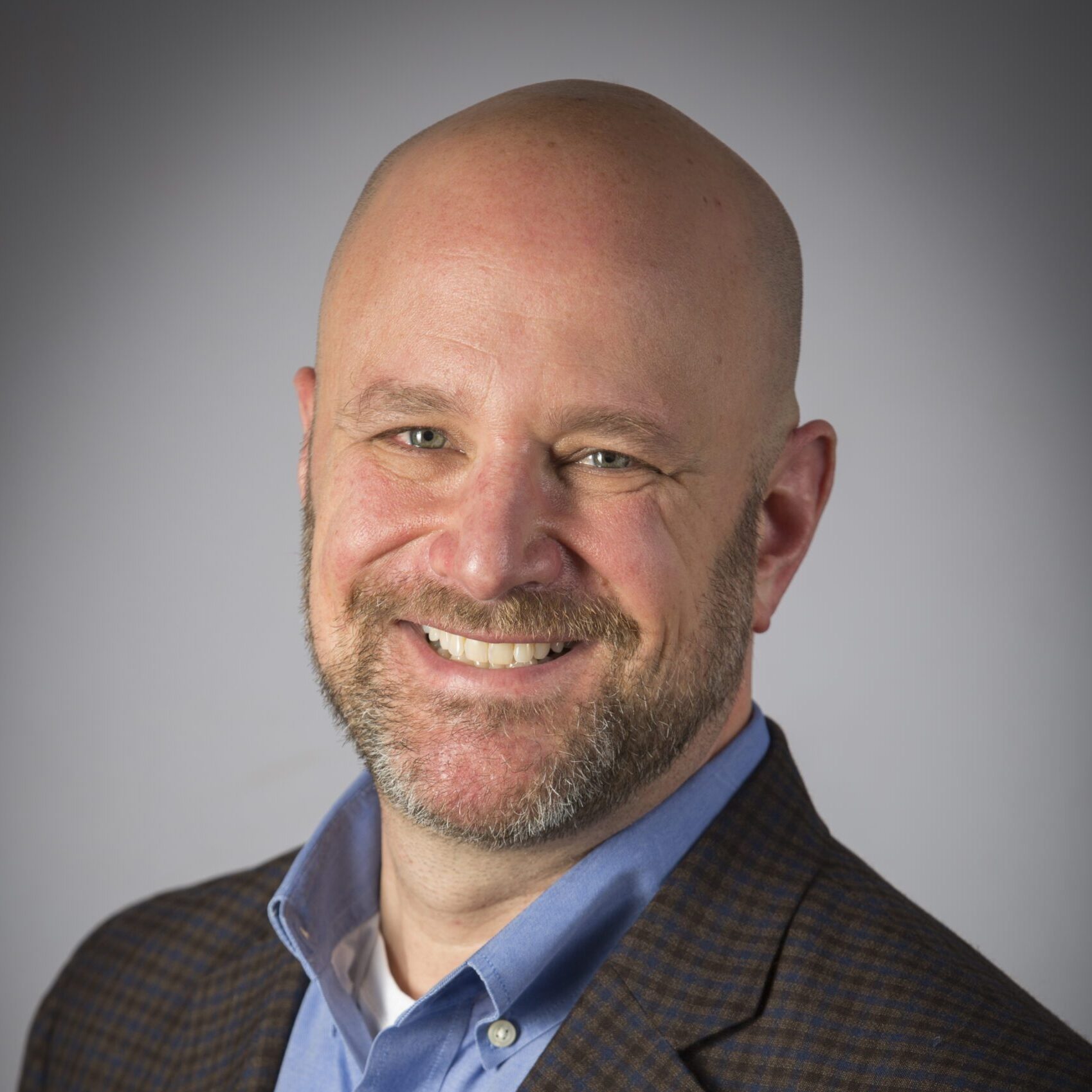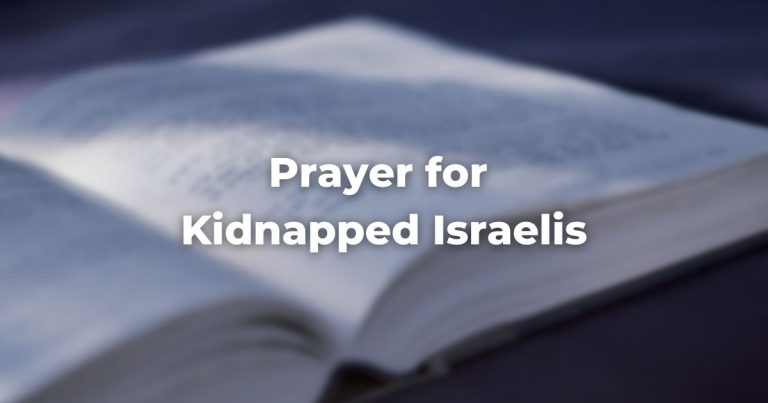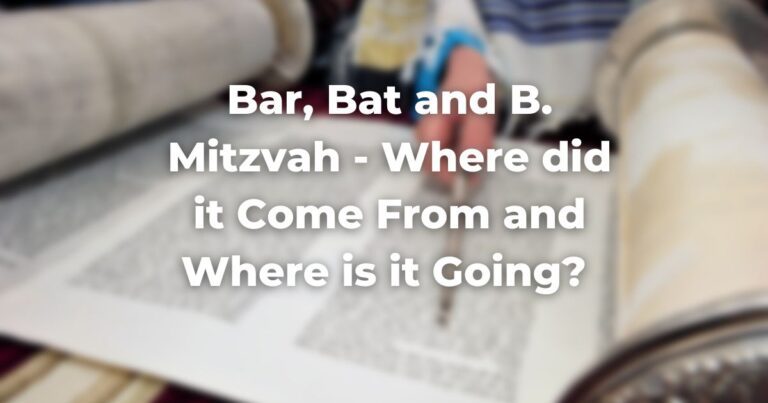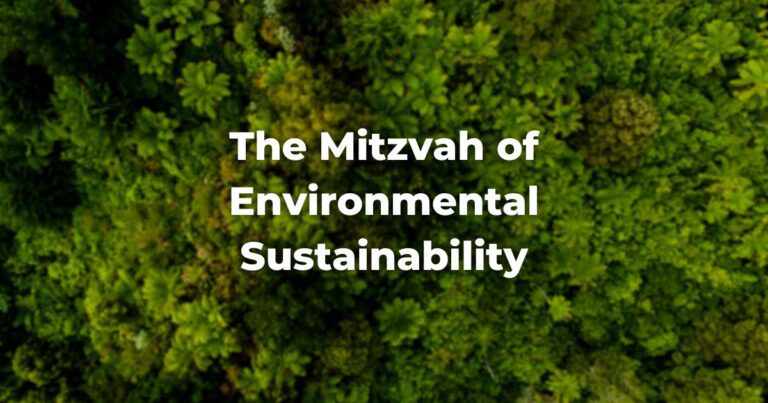Here’s a little item from the pop culture realm that you may not be aware of:
CNN anchor Anderson Cooper and late-night talk show host Stephen Colbert have some unusual things in common in their back stories. Both men lost their fathers at age 10, and they both lost siblings in very tragic circumstances; Anderson Cooper lost a brother to suicide and Stephen Colbert’s father and brothers were killed in a plane crash.
A conversation between them that aired a few years back is one of those that is etched into my memory.
In it, Anderson Cooper begins to read back an interview that Colbert had given, and he says, “you told an interviewer that you have learned to love the things that you wish the most had not happened. And you go on to say, what of God’s punishments are not gifts?”
And with his voice breaking, as at the time Cooper’s mother Gloria Vanderbilt (but you knew that, right??) had recently died, his emotions clearly rising to the surface, he asks Colbert, “do you really believe that?”
And Stephen Colbert says yes:
Existence is a gift. And with existence comes suffering.
They get into a very rich discussion: Cooper believes he is a different person because his brother died, that he is on a different trajectory, and that it changed him. And Colbert says, no, you are entirely the person you were meant to be and the bravest thing you can do is accept the world as it is, with gratitude.
I remember how I felt in the days and weeks after my father died.
I described it to someone as feeling as though I had 3rd-degree burns, the skin seared away, the flesh raw and sensitive—as though I needed a layer of gauze.
I learned that some aspects of grief must indeed be physical, as during that period even a commercial for pizza could bring out the emotions.
For me, and for many others, this period of grief is often one that reintroduces one to religion. I spoke to my Rabbi in a way that I hadn’t before. I participated in the rituals of the funeral and shiva. I said Kaddish.
I felt like I was on the Cooper side of the equation: It had changed me. I had never been a religious person. Now I was going to shul regularly. I had more patience for, as they say, the small things; in the throes of loss, a greater sense of calm. In the caretaking of my father I developed greater leadership skills.
And then I read the English version of the mourner’s Kaddish. Expecting to see words of great wisdom about loss and love and may his soul rest in peace, and may we be forever blessed by their memories—there was none of that!
It’s just … Kaddish (well not just Kaddish, but you know what I mean).
It’s almost the same exact prayer that we say, in various forms, multiple times throughout the Shabbat service. The mourner’s Kaddish is the one that is designated to be recited at a certain place and at a certain time, only by mourners.
After the period of mourning, we say the mourner’s Kaddish to honor our loved ones on the Yahrzeit, the anniversary of their deaths, and four times during the year at Yizkor. The last night of Passover is one of those times.
The mourner’s Kaddish then becomes a through line, a source of constancy during a period of change. And Colbert’s thoughts began to make more sense to me.
We don’t get out of this world without suffering. To understand it, embrace it, and appreciate it is to love the thing we wish the most had not happened.
Author
-

David Harrison teaches public speaking and communications skills for those who are in leadership positions—clergy and lay leaders—and those who aspire to lead. David is the past president of Beth El Congregation in Baltimore, a 1,500+ family conservative shul. He is also the owner of Harrison Communications, a public relations consultancy that specializes in working with professional associations and non-profits. His career began in journalism, as a reporter for several local and national publications.
View all posts

